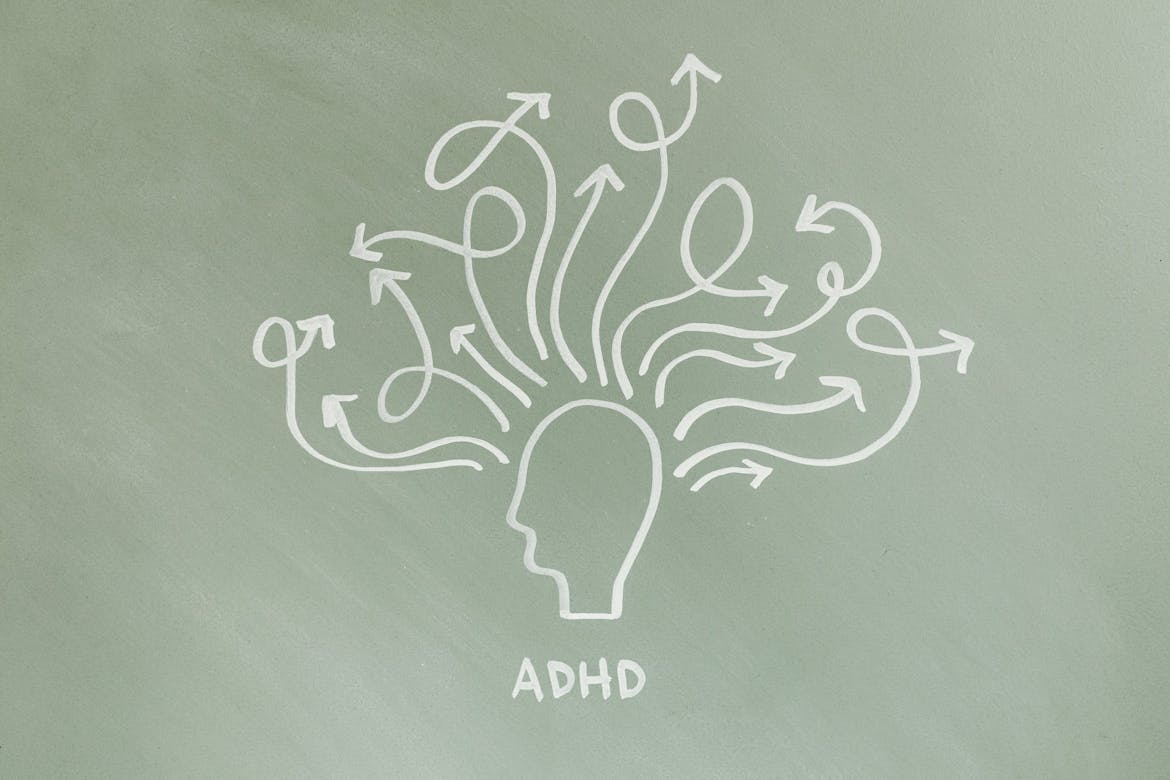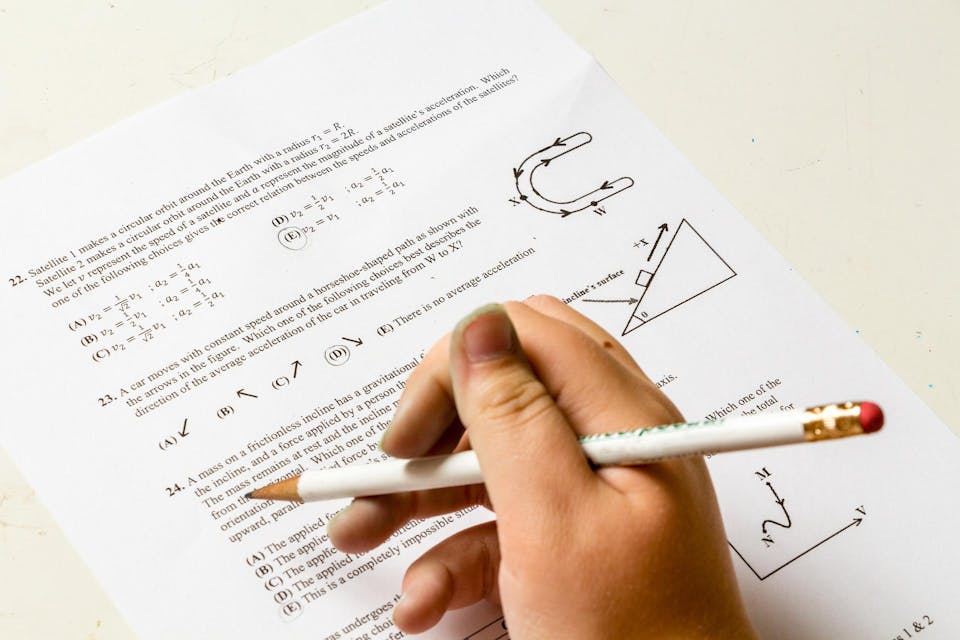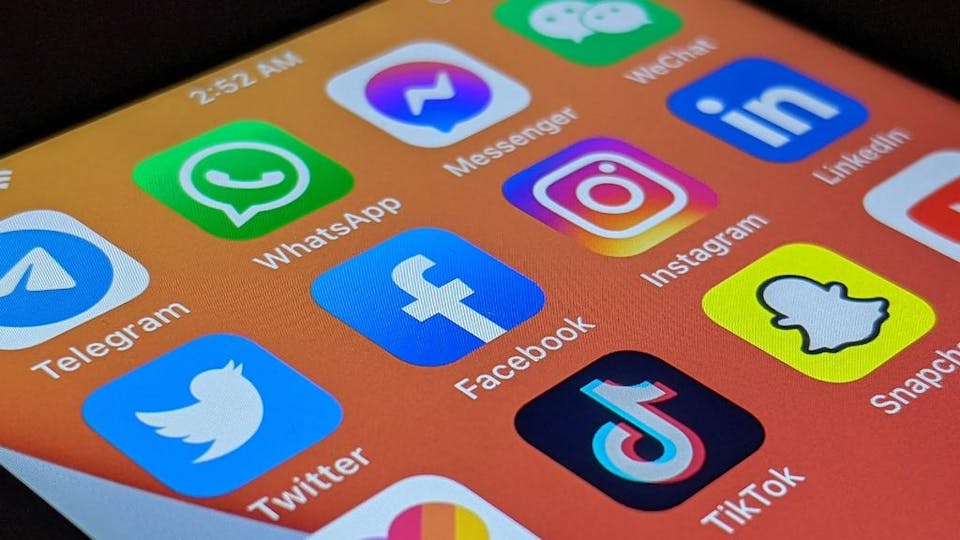April 20, 2022
ADHD: A survey into how the disorder is affecting America
A study of 1,500 Americans revealed that half of adults are displaying enough symptoms to indicate a strong or very strong likelihood of living with Attention Deficit Hyperactivity Disorder as the condition continues to trend online.

With the awareness of ADHD (attention deficit hyperactivity disorder) on the rise, google trends search data on ADHD steadily rising over the last five years* and over 10.7 billion videos using the hashtag #ADHD, we decided we wanted to dive a bit deeper and see if this was more than a social media trend.
Google data alone has provided us with some insight, showing that searches for ‘ADHD’ have more than doubled with known and recommended coping mechanisms also skyrocketing, with searches for ‘body-doubling’ going up by 3,150%. (A body-double is someone who sits and shadows a neurodivergent person to act as a silent-but-friendly pressure to keep them on track with boring or difficult tasks.)
That being said, Google data can only tell you how curious someone is on a topic and we wanted to know more so we carried out a survey of 1,500 adults from a wide range of ages, genders, ethnicities and social classes to find out just how many Americans could be living with the condition.
Our research revealed that those aged 65 and over are most likely to be living with undiagnosed ADHD, which anecdotally could be due to the fact that older people were less likely to speak about mental health issues of any kind. Other studies have also supported this, with older people speaking to their health practitioners and stating that a diagnosis of a younger person in their family has led them to research the possibility of them having ADHD themselves.
The 18-24 age bracket is the next most affected with four in ten (39%) adults displaying strong symptoms (which just so happens to be the age group that a majority of TikTok creators fall in and might be the reason for the now well-known ADHDTok!)
Our findings have revealed that half of adults display symptoms that strongly indicate they might have ADHD, which is huge. Since it can take years and be difficult to diagnose, we’ve put together a guide on ways to help deal with undiagnosed ADHD, in a hope that we can not only provide some information for those wondering about their mental and neuro-health but also some comfort for anyone that might be feeling lonely in their experiences with ADHD, whether officially diagnosed or not.
Ways to help deal with undiagnosed ADHD
Keep Things Simple
ADHD-associated brain fog can make you feel like there’s always a river of work to be done and you’re stuck without a paddle. Finding some momentum to start can always be hard but once you have, try to tick off some easy or simpler tasks on your to do list which could give you the drive to tick off more on your list. ADHD brains crave dopamine more often than a-typical brains and ticking items off a to-do list can give you a burst of dopamine - improving mood and motivation!
Station Creation
Setting up stations in your home can do double-duty for those living with ADHD. Keeping related items together can make cleaning and household tasks a breeze, as well as helping to reduce friction when it comes to getting tasks done, for example, keeping grocery bags and shopping lists together for going to the store or keeping postal stamps, letter paper and envelopes in the same drawer. This sounds simple but we promise it will save so much time and stress in the long run.
Remind yourself and be kind to yourself
The sooner you realise that things won’t always be perfect (and to be honest, it isn’t for anyone, no matter what it might look like!), the sooner you can stop being hard on yourself when things feel tough - it’s important to remind yourself that things won’t always go smoothly so give yourself time to breathe and make the necessary steps best for you and the situation.
Speaking of reminders, utilise your smartphone and/or computer’s clock apps to prompt you to do tasks, there are also several apps and even paper systems to help you take notes and keep track of tasks and events.
Give yourself time
It’s important for people living with ADHD to plan in extra time between their events and tasks to help them to unwind and prepare for the next thing on their agenda. Having a buffer can also act as a bit of a contingency plan should you forget something or find that you’re feeling overwhelmed.
Make Safe Lists
Keeping a note of things that are ‘safe’ can help cut back on decision fatigue. Great examples include, creating lists of easy, low energy meals to make meal planning and food shops less stressful, or additionally keeping a packing list handy for weekend breaks so you can help prevent yourself from forgetting important items and any pre getaway stress.
Learn to say ‘no’
ADHD brains have a tendency to be impulsive, which can lead to saying yes to too many people and projects and ultimately ending up with too much on their plate. Although saying ‘no’ might feel bad at the time, carefully curating what you do with your time can help you accomplish more to a better quality, help you arrive at appointments on time and help reduce stress.
Do you have ADHD? Or think you might have? You don’t need to be diagnosed to work out what helps you live your best life, why not check out our collection on ADHD here.
*https://trends.google.com/trends/explore?date=today%205-y&geo=GB&q=adhd
Recommended















